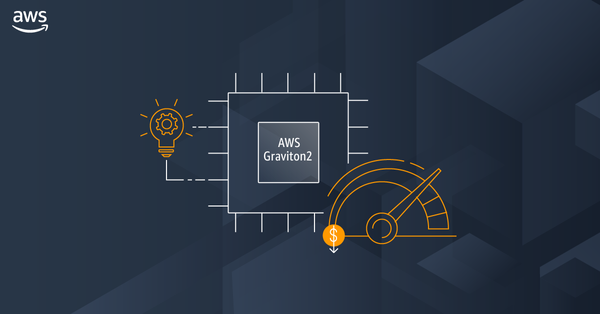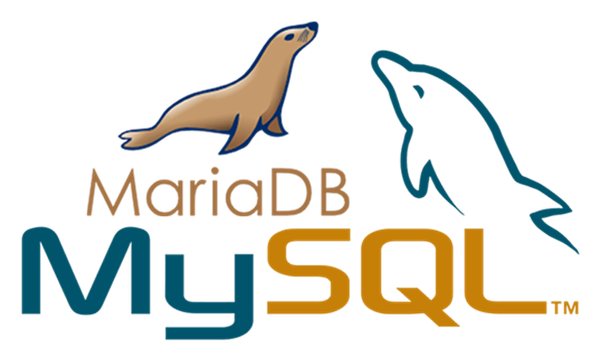Understanding the Database Landscape: NoSQL vs. Relational Databases
Discovering the differences between NoSQL databases, like MongoDB and relational databases, such as MySQL and PostgreSQL.

In the world of database technology, two primary types of databases reign supreme: NoSQL and relational databases. Each has its own set of features, benefits, and best use cases. Let's dive into the differences between NoSQL databases like MongoDB and relational databases such as MySQL and PostgreSQL.
What are Relational Databases?
Relational databases, like MySQL and PostgreSQL, are based on the relational model proposed by E.F. Codd. They use a structure that allows us to identify and access data in relation to another piece of data in the database. Their most significant feature is the use of tables that consist of rows and columns.
Key Features of Relational Databases:
- Structured Query Language (SQL): The use of SQL for defining and manipulating data is a powerful feature.
- ACID Properties: They guarantee atomicity, consistency, isolation, and durability, which are crucial for transactional systems.
- Schema: A predefined schema dictates the structure of the data, which can enforce data integrity.
- Joins: They can perform complex queries with joins, which allow for retrieving related data across multiple tables.
What are NoSQL Databases?
NoSQL databases, such as MongoDB, are a response to the limitations of relational databases and the demands of modern software development. NoSQL is an umbrella term that encompasses a variety of database technologies that were developed to handle large volumes of data, the need for flexible data models, and the performance and scalability requirements of big data applications.
Key Features of NoSQL Databases:
- Flexible Schema: They allow you to store unstructured, semi-structured, or structured data.
- Scalability: Designed to scale out by using distributed clusters of hardware instead of scaling up.
- Performance: Optimized for specific data models and access patterns that can lead to better performance for certain workloads.
- Variety of Data Models: Includes document, key-value, wide-column, and graph databases.
Comparing NoSQL and Relational Databases
Schema Flexibility:
- NoSQL databases are schema-less, which means you can insert data without first defining its structure. This flexibility can be advantageous for applications with rapidly changing data models.
- Relational databases require a predefined schema, which can add complexity when evolving your application.
Scaling:
- NoSQL databases are designed to expand horizontally, meaning you can add more servers easily in your data center or across data centers.
- Relational databases typically scale vertically, requiring a more powerful server to handle increased loads.
Transactions:
- Relational databases are known for their strong transactional consistency, following the ACID properties.
- NoSQL databases often offer eventual consistency and are designed to optimize for availability and partition tolerance, following the CAP theorem.
Query Language:
- SQL used in relational databases is a powerful language for querying and manipulating structured data.
- NoSQL databases often use a variety of query languages and APIs, tailored to the specific type of data model they represent.
Use Cases:
- Relational databases are well-suited for complex queries and transactional applications where data integrity and consistency are critical.
- NoSQL databases are ideal for large data sets, real-time applications, and for use cases where the data model is not fully defined or is subject to change.
Conclusion
The choice between NoSQL and relational databases depends on the specific needs of your application. If you require strong ACID compliance and complex joins, a relational database is the way to go. On the other hand, if you need to handle large volumes of diverse data types and prioritize scalability and performance, a NoSQL database might be the better option.
Understanding the strengths and limitations of each type of database will help you make an informed decision for your next project.
I hope this article provides a clear understanding of the differences between NoSQL and relational databases. If you have any specific aspects you'd like to delve deeper into, feel







